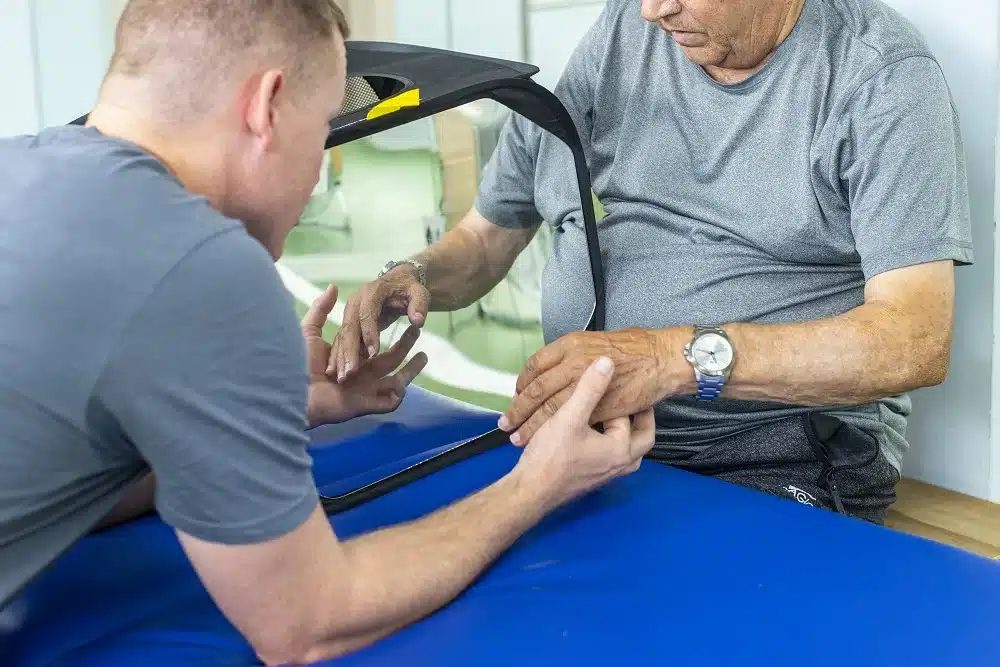After a TBI, the brain can suffer damage that can affect a person’s ability to move, speak, think and remember.
Neurological rehabilitation can help people with TBI to improve these functions and regain independence.
How is a traumatic brain injury treated?
Treatment of a TBI will depend on the severity of the injury. Treatment may include:
Supportive care: Supportive care may include rest, pain medication and anticonvulsants.
Rehabilitation: Rehabilitation can help people with TBI regain function and skills.
How does neurological rehabilitation work after a TBI?
Neurological rehabilitation works by harnessing neuroplasticity, which is the brain’s ability to change and adapt.
The brain is a very plastic organ, and can learn and adapt to new situations.
Neurological rehabilitation helps the brain to learn new ways of functioning despite the injury.
Neurological rehabilitation can be a long and challenging process, but it can be very rewarding.
With rehabilitation, people with TBI can improve their quality of life and reach their full potential.
Here are some concrete examples of how neurological rehabilitation works after a TBI:
- A mild TBI patient with balance problems can work with a physiotherapist to improve their balance by doing exercises such as walking along a line or standing on one leg.
- A moderate TBI patient who has memory problems may work with a speech therapist to improve their memory by doing exercises such as remembering lists of words or recalling recent events.
- A severe TBI patient who has speech problems can work with a speech therapist to improve his or her speech by performing exercises such as pronouncing words or phrases.
Neurological rehabilitation can help people with TBI regain their independence and resume their lives.
What are the benefits of neurological rehabilitation after a traumatic brain injury?
Neurological rehabilitation is a treatment that helps people with brain injuries to regain their function and abilities.
The goal of neurological rehabilitation is to help people reach their full potential, regardless of the severity of their injury.
Neurological rehabilitation can help people with TBI to achieve a number of benefits, including:
- Improve physical function: Neurological rehabilitation can help people with TBI improve their strength, balance and coordination. This can help people perform everyday activities, such as dressing, eating or moving around.
- Improve cognitive function: Neurological rehabilitation can help people with TBI improve their memory, concentration and attention. This can help people think clearly, learn new things and remember information.
- Improve behavioural function: Neurological rehabilitation can help people with TBI improve their behaviour and social skills. This can help people interact with others and participate in social activities.
Reduce the risk of complications: Neurological rehabilitation can help reduce the risk of long-term complications, such as depression and anxiety.
Conclusion:
Neurological rehabilitation is an important part of the recovery process after a TBI.
This therapy can help people with TBI to improve their function and regain independence.
Leave us your data to start your treatment







